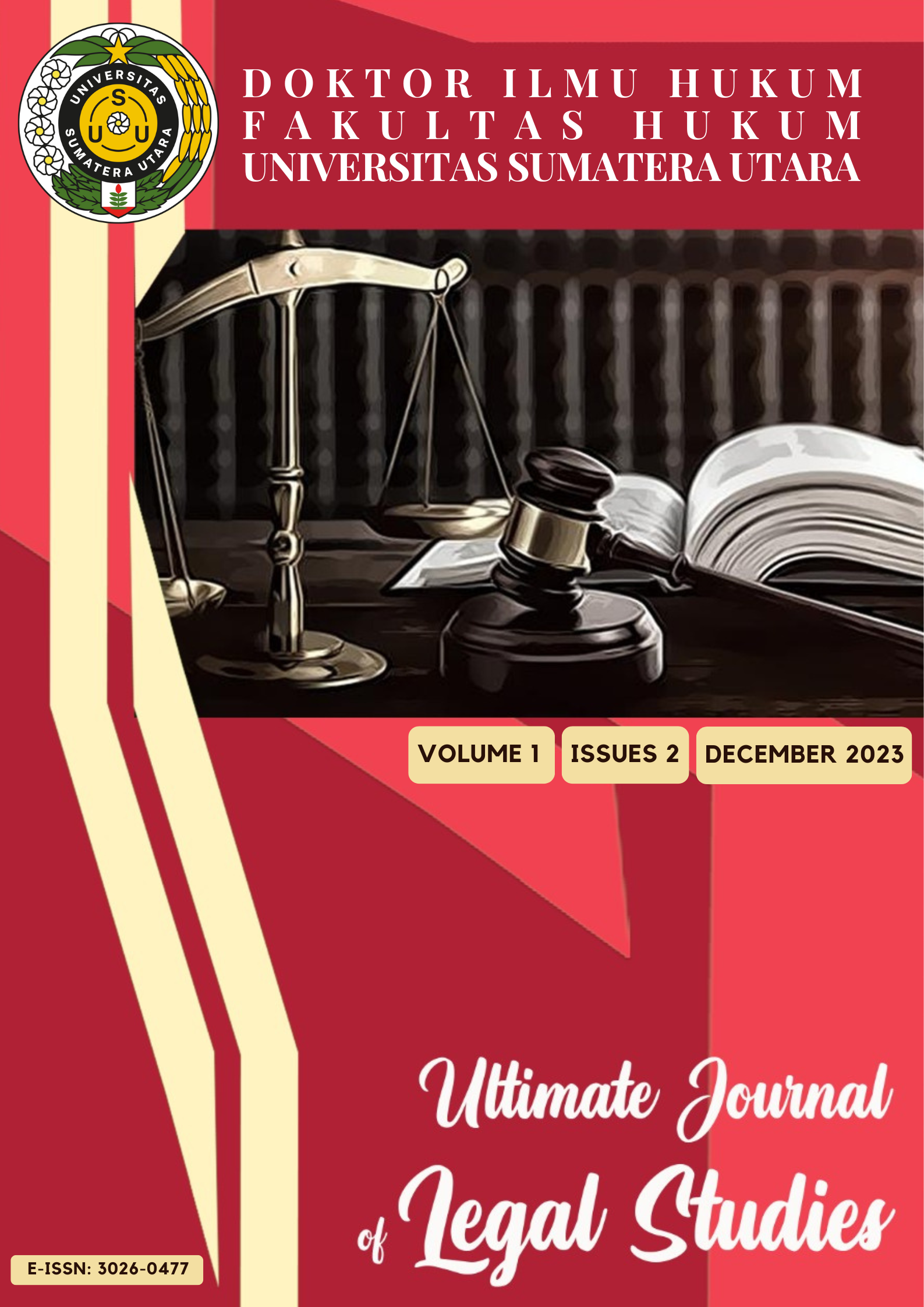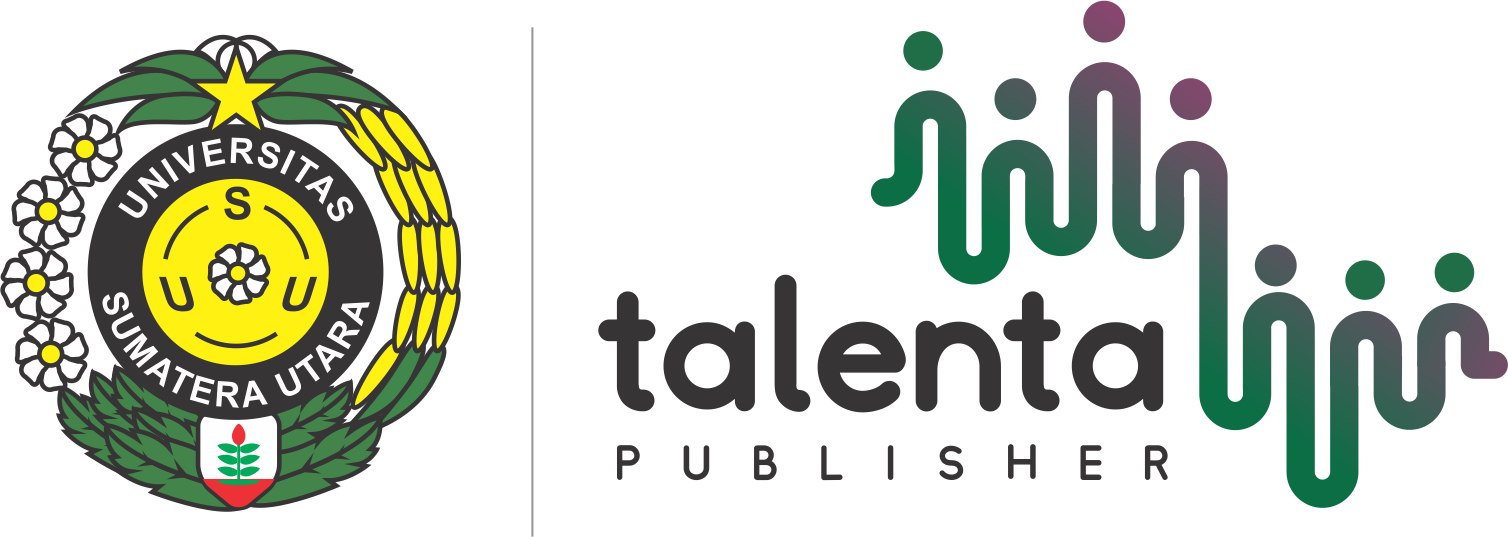Reversal of Burden Proof as a Reform of Criminal Law Eradicate Money Laundering
DOI:
https://doi.org/10.32734/uljls.v1i2.13758Keywords:
Burden of Proof, Corruption, Criminal Law Reform, Money LaunderingAbstract
One of the efforts of the Indonesian government in reducing money laundering is to pay special attention in terms of proof, namely with the reverse proof system. Over time, the reversed proof system in the Corruption Law is still regulated even though the Corruption Law has undergone many changes. Although it has been included in positive law, in practice this proof is not applied thoroughly and there are still obstacles in its application. This research seeks to answer in what cases the reverse burden of proof is applied and what are the obstacles in its application. This type of research is normative juridical. The results of the study resulted in the merging of corruption cases with money laundering can be considered to provide its own advantages in handling corruption cases. More actors are ensnared including corporations. Maximum punishment, streamlining the return of state assets can impoverish corruptors. Legal culture that has not adapted to the new system, reverse evidence is not clearly regulated in the law.







